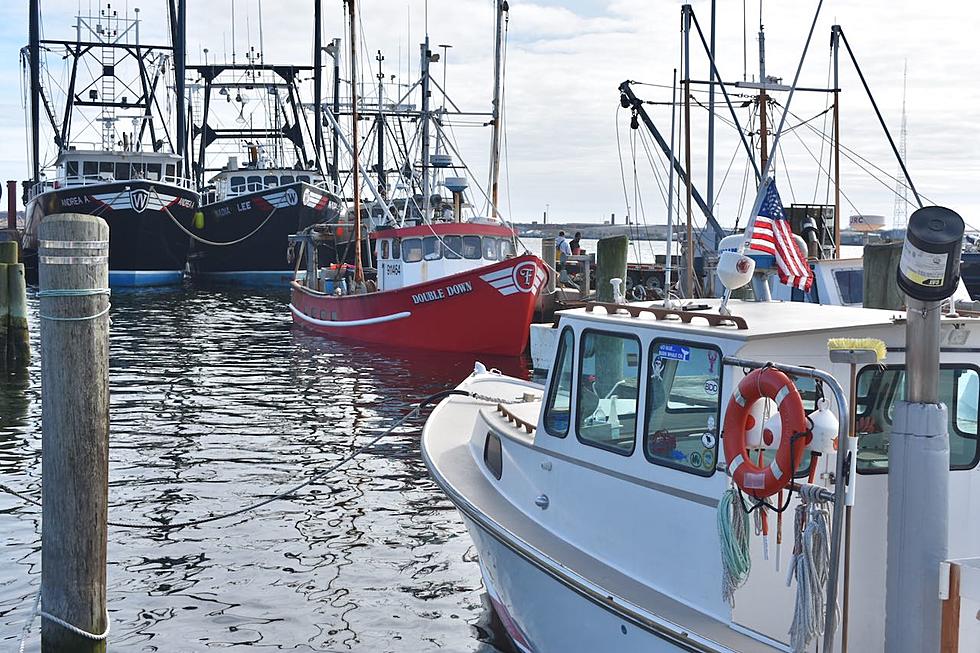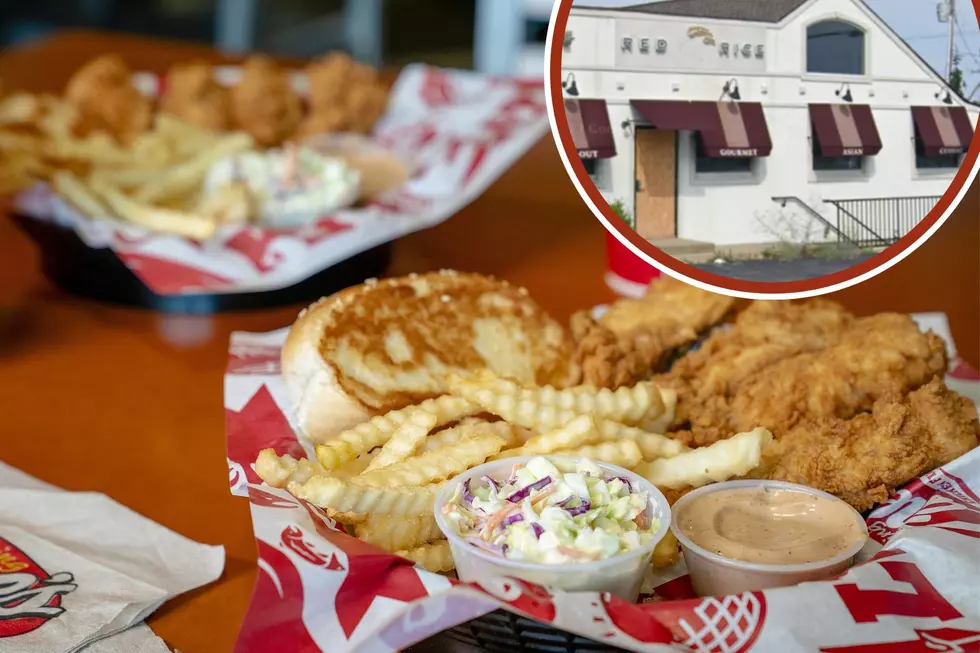
USDA Agrees to Buy $20M in Atlantic Seafood Under CARES Act
The U.S. Department of Agriculture this week decided to include Atlantic seafood in certain government food assistance purchases, and now federal coronavirus funding will support USDA purchases from the East Coast commercial fisheries.
The Agricultural Marketing Service announced yesterday that it will purchase $20 million in Atlantic haddock, pollock, and redfish under the USDA Section 32 program.
It's good news for a sector hard hit by the coronavirus pandemic, members of Massachusetts' congressional delegation said today. U.S. Sens. Edward J. Markey and Elizabeth Warren and U.S. Reps. William Keating and Seth Moulton have been pushing the USDA for weeks to include the fisheries in agricultural purchasing funded by the Coronavirus Assistance, Relief, and Economic Security Act.
The Massachusetts lawmakers wrote to the USDA in April and May to urge the inclusion of domestic and East Coast seafood companies in the $9.5 billion awarded by the CARES Act to help affected agricultural producers, and today they sent a celebratory press release.
“I am pleased to see that the USDA has finally recognized the important role that North Atlantic seafood plays in maintaining the nation’s food supply,” said Rep. Keating. “These purchases will not only help to support our fishing industry during these trying times, but will also provide highly nutritious, sustainable food for families in need across the nation.”
The Massachusetts delegation previously secured $300 million for the fishing industry, but that funding has yet to truly materialize. Moulton said he's proud of the money that Congress negotiated in the CARES Act, but that it's up to the administration to get that money to the fishermen's docks.
The USDA Section 32 program, if all goes as planned, will supply a separate source of relief. The program has historically overlooked East Coast seafood.
Fishermen and seafood processors say the bottom has been pulled from the fresh seafood market due to the widespread and global closure of restaurants during the coronavirus pandemic. While frozen seafood has done somewhat better, that sector too faces challenges.
READ MORE: See how some companies are changing their businesses to combat COVID-19

More From WBSM-AM/AM 1420







![Fall River Cat Found As Stray Is the Ultimate Cuddle Bug [WET NOSE WEDNESDAY]](http://townsquare.media/site/519/files/2024/04/attachment-Untitled-design-2024-04-17T061729.653.jpg?w=980&q=75)

